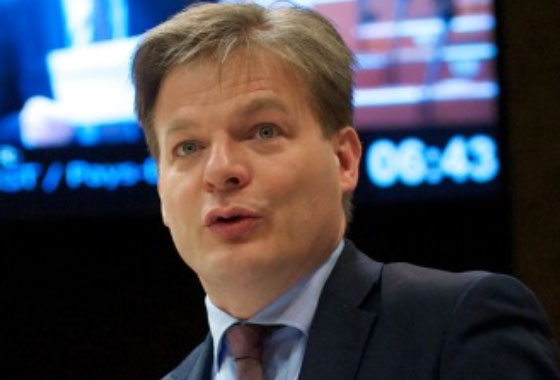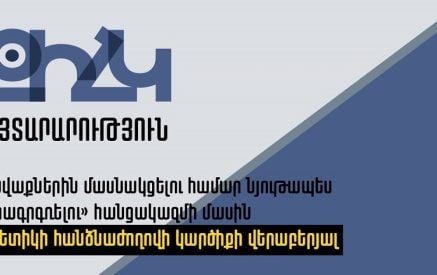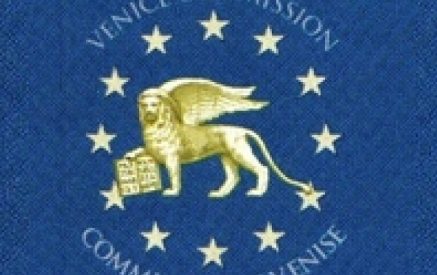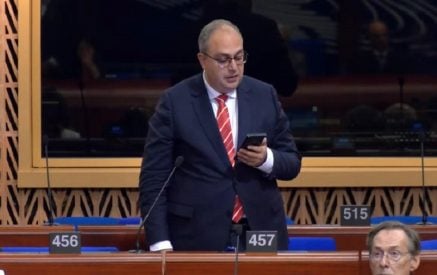Pieter Omtzigt (Netherlands, EPP/CD), Rapporteur for follow-up to Parliamentary Assembly Resolution 2293 (2019) on the assassination of Daphne Caruana Galizia and the rule of law in Malta, today called on the Maltese authorities to ensure effective investigations into the numerous long-standing allegations of high-level political corruption.
“Almost a year ago, in Resolution 2293, the Assembly described six cases of alleged high-level political corruption – the Panama Papers, the Electrogas affair, the Egrant affair, the Hillman affair, the ‘golden passports’ affair and the Vitals Global Healthcare affair – and called on Malta to ‘end the prevailing climate of impunity by robustly investigating and prosecuting those suspected of being involved in or benefiting from the scandals’,” recalled Mr Omtzigt.
“It is now over four years since the Maltese FIAU submitted a report on the Panama Papers to the police. It is three years since former MP Simon Bussutil applied for magisterial inquiries, relying on leaked FIAU reports into the Hillman and ‘golden passports’ affairs,” he continued. “None of the inquiring magistrates have produced any concrete results in any of the ongoing cases. Only the Egrant inquiry was concluded, within 15 months; but almost two years later, the Attorney General has still taken no action on the magistrate’s recommendations.”
“In December 2018, the Venice Commission was highly critical of the system of magisterial inquiries, but its recommendation that the function be transferred to the prosecutor’s office is not even mentioned in the government’s current reform proposals. In March 2019, GRECO stated that ‘most (if not all) files against [the most senior officials] are stuck at an early stage of criminal proceedings… This conveys a feeling in the public that senior officials benefit from a total impunity for their actions’. In September 2019, MONEYVAL noted ‘concerns that the law enforcement authorities are currently not in a position to effectively and in a timely manner investigate and prosecute high-level and complex [money laundering] cases related to financial, bribery and corruption offences’.”
Read also
“Many people, myself included, were initially prepared to give Prime Minister Abela the benefit of the doubt. But the persistent failure to investigate credible allegations of high-level corruption or to reform the institutions concerned has gone on for too long. It has become clear that the Maltese authorities remain inherently incapable of resolving these cases, due to institutional shortcomings and an apparent lack of political will. Since many of these cases have a cross-border dimension, I therefore call upon the Maltese authorities to establish Joint Investigative Teams with the competent authorities of relevant States,” concluded Mr Omtzigt.
A Joint Investigation Team – based on an agreement between competent authorities in two or more countries when there is a cross-border dimension to criminal activity – brings together judges, prosecutors and law enforcement from the countries concerned to carry out a joint criminal investigation. The EU’s criminal justice agency EUROJUST describes it as “an efficient and effective co-operation tool that facilitates the co-ordination of investigations and prosecutions conducted in parallel in several States”.
PACE























































